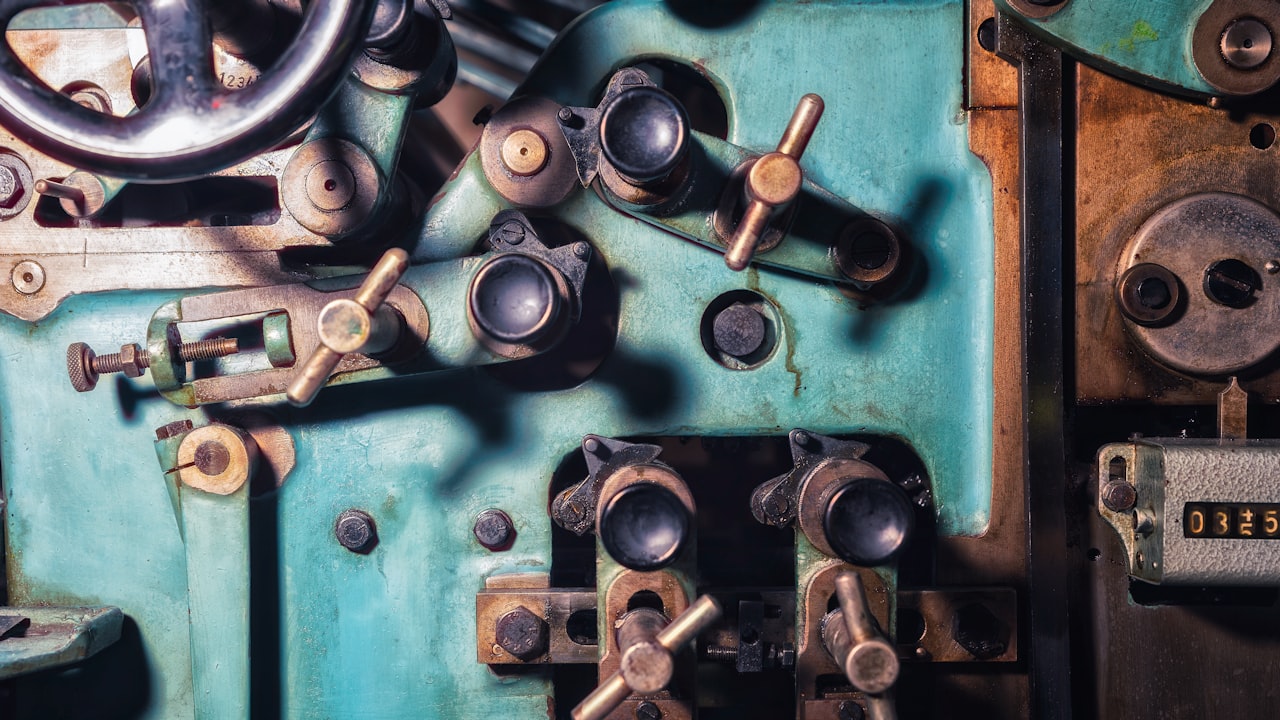Title: Revolutionizing Pharmaceutical Production: The Role of Pharmaceutical Machinery
In the realm of pharmaceutical manufacturing, advancements in technology have transformed the way medicines are produced. One of the key drivers behind this revolution is the utilization of sophisticated pharmaceutical machinery, such as table press machines and capsule filling machines. These machines play a crucial role in streamlining production processes, ensuring product quality, and meeting the increasing demand for pharmaceuticals worldwide.
Table press machines, also known as tablet presses, are essential equipment in pharmaceutical production facilities. They are used to compress powdered ingredients into solid tablets of precise dimensions and weight. One of the commonly used table press machines is the TDP (Tablet Press Machine), which operates by exerting high pressure on the powder mixture to form tablets. These machines are equipped with advanced technologies to control parameters such as compression force, tablet thickness, and speed, ensuring uniformity in tablet quality.
In addition to table press machines, capsule filling machines are another indispensable tool in pharmaceutical manufacturing. These machines are designed to fill empty capsule shells with precise amounts of powdered or liquid medication. The THDP (Semi-Automatic Capsule Filling Machine) is a popular choice in the industry due to its versatility and efficiency. By automating the filling process, THDP machines can significantly increase production capacity while maintaining accuracy in dosage formulation.
The integration of advanced pharmaceutical machinery, such as table press and capsule filling machines, has revolutionized the pharmaceutical production process. These machines enhance efficiency, reduce labor costs, and minimize the risk of human errors in drug manufacturing. Furthermore, the use of TDP and THDP machines enables pharmaceutical companies to meet stringent regulatory requirements and produce high-quality medications that meet global standards.
In conclusion, pharmaceutical machinery, including table press machines and capsule filling machines, plays a pivotal role in revolutionizing pharmaceutical production. The adoption of advanced technologies in these machines has raised the bar for efficiency, precision, and quality in drug manufacturing. As the demand for pharmaceuticals continues to rise, investing in state-of-the-art machinery is essential for pharmaceutical companies to stay competitive and ensure the safety and efficacy of their products.

 Title: “The Evolution of Pharmaceutical Machinery: Innovations and Advancements in Drug Manufacturing”
Title: “The Evolution of Pharmaceutical Machinery: Innovations and Advancements in Drug Manufacturing”



